An Automated Phone Calling System is a powerful tool that allows businesses to handle both inbound and outbound calls without requiring manual dialing. Utilizing technologies such as interactive voice response (IVR) and AI-driven voice agents, these systems ensure seamless communication. By leveraging call automation, companies can efficiently manage high volumes of customer interactions while reducing employee workload.

This advanced technology supports various functions like appointment reminders, customer feedback collection, lead generation, and payment follow-ups. With its flexibility and scalability, an automated phone calling system is transforming not only customer experience but also operational efficiency across industries.
Key Features That Enhance Communication
Interactive Voice Response (IVR)
IVR systems allow customers to interact with pre-recorded messages using voice commands or keypad inputs. This eliminates delays and ensures callers are routed efficiently to the desired department or resource. For instance, businesses using IVR report a 30% increase in first-contact resolution rates.
AI-Driven Voice Agents
Unlike traditional systems, AI-driven voice agents engage in dynamic, human-like conversations. These agents use natural language processing (NLP) to understand queries and provide personalized responses. This results in enhanced caller satisfaction and improved efficiency.
Call Scheduling
Automated systems can schedule and send calls at optimal times, taking into account customer preferences and time zones. This capability improves pickup rates and minimizes disruptions.
Multichannel Integration
Modern systems integrate seamlessly with email, text messages, and CRMs. This allows businesses to log communication history and trigger follow-ups automatically. For example, integrating an automated phone system with a CRM allows sales teams to act promptly on qualified leads.
Real-Time Analytics
Real-time monitoring and performance reports provide actionable insights into call durations, response times, and customer satisfaction levels. Companies leveraging analytics see up to a 20% faster resolution rate of customer queries.
Top Benefits for Businesses
Enhanced Efficiency and Productivity
By automating repetitive tasks, such as appointment reminders or lead follow-ups, businesses can free up personnel for more complex responsibilities, thereby improving overall output. Studies show that companies using automated systems reduce call handling times by up to 50%.
Cost Savings
Unlike hiring additional staff, investing in automated systems minimizes human resource expenses while maintaining high-quality service. Businesses experience a 60% reduction in operational costs with call automation.
24/7 Availability
One key advantage of automation is round-the-clock service. Regardless of the time, automated systems manage customer calls, increases accessibility, and enhances user experience.
Improved Customer Experience
Features like personalized call scripting and multilingual support ensure that customers feel valued. For example, businesses report a 40% higher satisfaction rate when using localized languages for communication.
How Industries Utilize Automated Phone Calling Systems
Healthcare
Hospitals and clinics employ automated systems for appointment scheduling, medication reminders, and patient follow-ups. This significantly decreases no-shows, saving healthcare providers an estimated 25% of their revenue.
Retail and E-Commerce
Retailers use call automation to confirm orders, dispatch delivery updates, and manage returns, ensuring a streamlined shopping experience.
Finance
Banks and financial institutions leverage automated phone calling systems for fraud prevention, payment reminders, and customer onboarding, enhancing operational accuracy.
Education
Schools and universities utilize these systems to notify parents about student attendance, exam schedules, and emergency updates.
Call Centers
Automated solutions are indispensable in call centers, where they handle everything from routing inquiries to conducting post-call satisfaction surveys.
Implementing an Automated Phone Calling System
To get the most out of call automation tools, follow this implementation guide:
- Identify Objectives: Define what you want to achieve, such as reducing operational costs or enhancing customer engagement.
- Choose the Right Platform: Opt for a system that offers features like IVR, CRM integration, and real-time reporting.
- Train Staff: Ensure your team understands how to use the system efficiently to maximize ROI.
- Customize Workflows: Tailor call flows, scripting, and responses for your industry-specific needs.
- Monitor and Refine: Use analytics to continuously optimize system performance.
Best Practices for Maximum Impact
- Personalize Communication: Use custom voice scripts and language preferences to create meaningful interactions.
- Prioritize Compliance: Align your system with regulations like GDPR or TCPA to avoid legal complications.
- Use Multichannel Follow-ups: Augment voice calls with text messages and emails to reinforce communication.
FAQs About Automated Phone Calling Systems
How does an Automated Phone Calling System work?
An automated phone calling system uses pre-defined scripts and logic-based call flows to dial, record, and respond to customer inquiries. It can handle outbound campaigns for reminders or promotions, as well as inbound requests via IVR.
Are automated phone calls effective for lead generation?
Absolutely. These systems use AI-driven voice agents to pre-qualify leads and schedule follow-ups, reducing the workload of sales teams. By integrating with a CRM, businesses can seamlessly log conversations and prioritize high-value prospects.
What industries benefit the most from call automation?
Industries such as healthcare, retail, finance, and education see extensive benefits. For instance, call automation reduces missed appointments in healthcare by 25% and ensures timely delivery updates in e-commerce.

